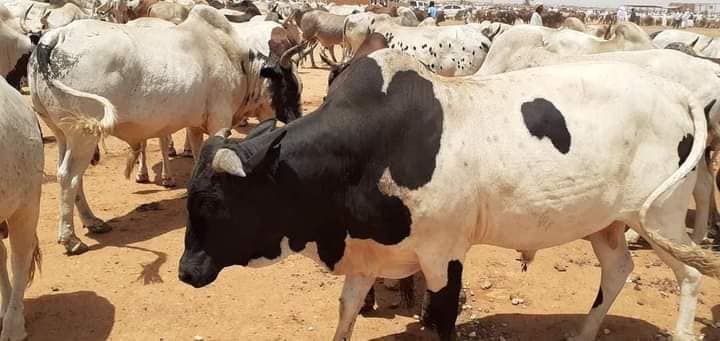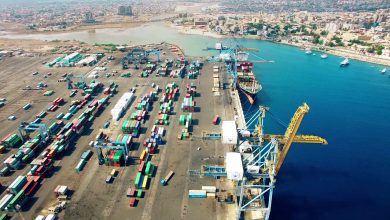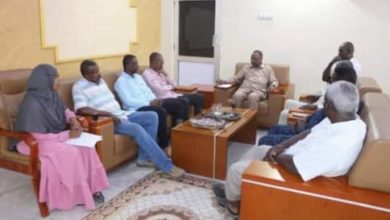The war casts a negative impact on livestock exports

Sudan Events – Nahid Oshi
Head of the Meat Exporters Division, Khaled Al-Maqbool, acknowledged the severe impact of the war on the export sector, especially exports of camels and cows, as Egypt represented its main market. He stressed that the impact on routes led to a reduction in the quantities exported from these animals, and they began to move in unfamiliar ways and suffer damage and losses due to high costs. “Consequently, new routes emerged for livestock to cross markets, and the phenomenon of smuggling became active in order to confront traditional methods, which cause problems, royalties, and are unsafe and have a negative impact on the state’s payments, including export revenues.” He added.
The following is the export of sheep and goats. Al-Maqbool indicated in a statement to Al-Ahdath that the exports of sheep had decreased, but the exports of live sheep continued over long distances, and the routes became long, unsafe, and unusual, which was reflected in the volume of wealth and the quantities of exports, and the meat exports were affected, especially since the main part brought Among the slaughterhouses in Khartoum, these slaughterhouses were affected by the war and became out of service, while the Suakin slaughterhouse was active, but access to livestock was weak and prices were high, thus reducing the volume of meat.
He said that logistical problems are an obstacle to meat exports in light of the high cost of fuel. The cost of transportation has increased significantly in addition to the lack of transportation containers in light of the lack of security, as they were seized and affected the volume of livestock exports from Sudan, in addition to the problems related to fodder and its availability and the waste of the oil industry that was produced. The “Fodder” production was affected, and there was a gap in addition to the mills that used to provide (bran), as well as agricultural projects and their waste, in light of the lack of security and poor agricultural crops.
“In light of the war, a major problem arose in providing the necessary quantities of vaccines at the right time and at appropriate prices, which has a positive impact on animal health.” He added. He noted that producers and investors in the field of slaughterhouses and the meat industry and transportation were harmed by the war.
Al-Maqbool pointed out the damage that occurred to the government sector, especially the following: buildings, the sabotage that took place in them, research institutes, the loss of valuable information, and the impact of the research laboratory in Soba, which was producing 17-18 vaccines, which were destroyed and looted, and this reflects a 50% effect on herd immunity.
Below is the human cadre. He said that there are many cadres who have migrated, in addition to the cessation of the important quarries in Kordofan due to the lack of security. There has become great pressure on the quarries of Gedaref, Kassala, and Port Sudan, which affected the flowing quantities and put pressure on those in the safe areas.
He pointed to the great damage to the poultry sector, as 85% of the sector is located in Gezirq and Khartoum. The sector was looted, destroyed, and vandalized, and it returned to point zero.
He said that the poultry sector needs a huge effort and billions of pounds to rebuild it, as many rare breeds and birds have died, while the dairy sector has been destroyed and looted, and dairy factories have stopped.
He stressed that the damage to the livestock sector is great and requires a great effort for reconstruction and construction, especially since the sector employs a large workforce and its economic returns are great as it is a food safety valve.



